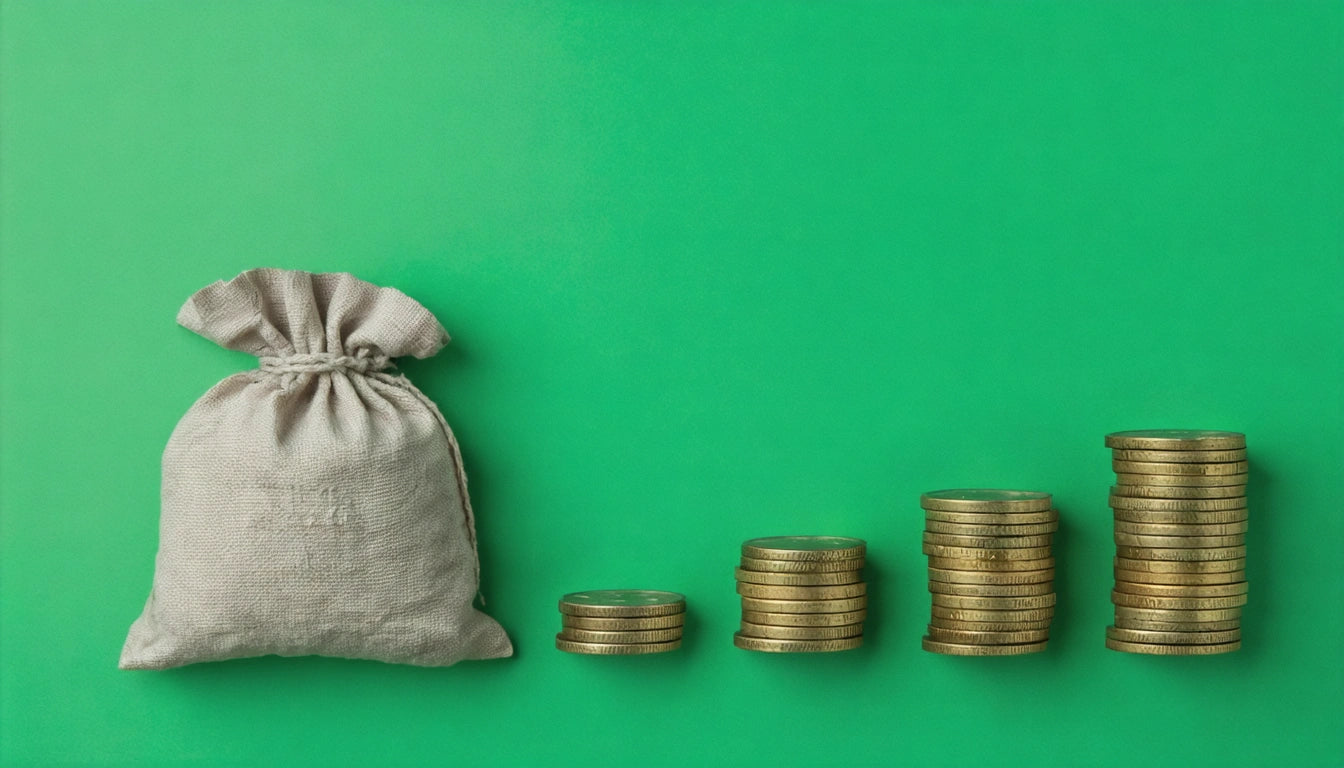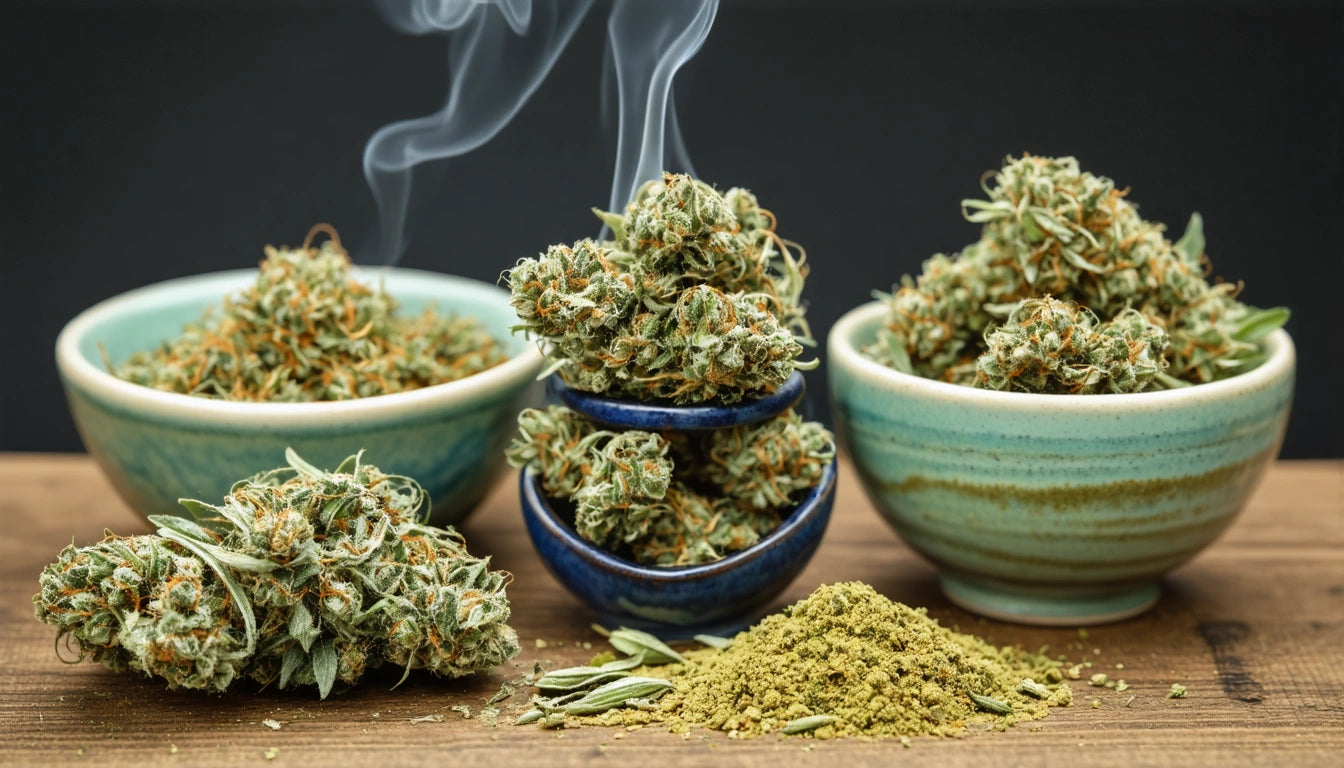Table of Contents
- Drug Legality in Thailand: Recent Changes and Current Status
- What Drugs Are Legal in Colombia: Understanding the Legal Landscape
- Drug Enforcement in the Philippines: Strict Policies and Penalties
- Tourist Considerations: Legal Risks and Cultural Context
- Global Cannabis Trends and Future Policy Directions
Understanding Drug Legality in Popular Tourist Destinations
Navigating drug laws while traveling internationally requires careful research and understanding. Popular tourist destinations often have varying approaches to drug enforcement, from strict prohibition to decriminalization or even legalization of certain substances. This guide explores the legal status of drugs in Thailand, Colombia, the Philippines, and other frequently visited countries to help travelers make informed decisions.
Drug Legality in Thailand: Recent Changes and Current Status
Thailand has undergone significant changes in its drug policies in recent years. In 2022, Thailand became the first Southeast Asian country to decriminalize cannabis, removing it from its Category 5 narcotics list. However, this does not mean all drugs are legal in Thailand.
Current Legal Status:
- Cannabis: Decriminalized for medical and recreational use with THC content below 0.2% in extracts
- Kratom: Decriminalized in 2021
- Other drugs: Strictly prohibited with severe penalties
Despite the relaxation of cannabis laws, Thailand maintains harsh penalties for other substances. Possession of Category 1 drugs (heroin, amphetamine, methamphetamine) can result in imprisonment ranging from 1-10 years and fines. Trafficking offenses can lead to life imprisonment or even the death penalty in extreme cases.
As noted in this global guide on cannabis legality, Thailand's approach represents a significant shift in Southeast Asian drug policy, though travelers should remain cautious about the specific regulations.
What Drugs Are Legal in Colombia: Understanding the Legal Landscape
Colombia has adopted a more progressive approach to drug policy compared to many other countries. The question of what drugs are legal in Colombia for tourists often arises due to the country's complex legal framework.
Colombia's Drug Policy:
- Cannabis: Personal possession of up to 20 grams is decriminalized
- Cocaine: Personal possession of up to 1 gram is decriminalized
- MDMA/Ecstasy: Personal possession of up to 1 gram is decriminalized
- Methamphetamine: Personal possession of up to 1 gram is decriminalized
It's crucial to understand that while personal possession of small amounts is decriminalized, this does not mean these substances are legal in Colombia. Decriminalization means individuals won't face criminal charges for possession of amounts deemed for personal use, but production and trafficking remain serious crimes with severe penalties.
Tourists should be aware that while enforcement may be relaxed in some areas, Colombian authorities still actively combat drug trafficking and production. As in many countries, pre-rolled products and custom packaging solutions for legal cannabis products are becoming more common as regulations evolve, but the legal status remains complex.
Highlight: While small amounts of certain drugs are decriminalized in Colombia, this does not make them legal. Tourists should exercise extreme caution and understand the difference between decriminalization and legalization.
Drug Enforcement in the Philippines: Strict Policies and Penalties
The Philippines maintains some of the strictest drug laws globally. Under President Rodrigo Duterte's administration (2016-2022), the country implemented an aggressive anti-drug campaign that resulted in thousands of deaths.
Legal Status in the Philippines:
- All recreational drugs: Strictly illegal
- Cannabis: Illegal for both recreational and medical use
- Penalties: Range from rehabilitation for users to life imprisonment or death penalty for traffickers
The question "are drugs legal in Philippines" has a clear answer: no. The country maintains a zero-tolerance policy toward all illegal substances. Even small amounts of drugs can result in lengthy prison sentences, and foreign nationals are not exempt from these harsh penalties.
Tourists should exercise extreme caution and avoid any involvement with drugs while visiting the Philippines. The country's legal system takes drug offenses very seriously, and diplomatic intervention has limited effectiveness in drug-related cases.
Tourist Considerations: Legal Risks and Cultural Context
When traveling internationally, understanding both the legal framework and cultural context around drug use is essential. What might be tolerated or even legal in one country could lead to severe consequences in another.
Key Considerations for Travelers:
- Legal status doesn't always reflect enforcement reality
- Penalties for foreigners may differ from those for locals
- Decriminalization is not the same as legalization
- Cultural attitudes toward drug use vary widely
For example, while cannabis might be decriminalized in Thailand, public consumption could still result in fines or other penalties. Similarly, what drugs are legal in Colombia for tourists is a complex question, as the decriminalization of personal amounts doesn't equate to legal permission for purchase or use.
As highlighted in this comprehensive guide on global marijuana laws, travelers should research specific regional and local regulations before their trip, as enforcement can vary significantly even within countries.
Global Cannabis Trends and Future Policy Directions
The global landscape of drug policy continues to evolve, with cannabis legalization leading the way in many regions. Countries like Canada, Uruguay, and several U.S. states have fully legalized recreational cannabis, while others have implemented medical programs or decriminalization measures.
This trend reflects a growing recognition of the potential benefits of regulated markets over prohibition. As noted in this overview of recreational cannabis legalization, more countries are considering policy reforms based on public health approaches rather than criminal enforcement.
For tourists, this changing landscape creates both opportunities and confusion. While more destinations are relaxing cannabis laws, other substances remain strictly controlled in most countries. Understanding these nuances is essential for travelers who want to respect local laws and avoid serious legal consequences.
As global attitudes continue to shift, staying informed about current regulations in your destination country remains the best strategy for international travelers. Remember that even in countries with more progressive drug policies, responsible and legal consumption should always be the priority.











Leave a comment
All comments are moderated before being published.
This site is protected by hCaptcha and the hCaptcha Privacy Policy and Terms of Service apply.